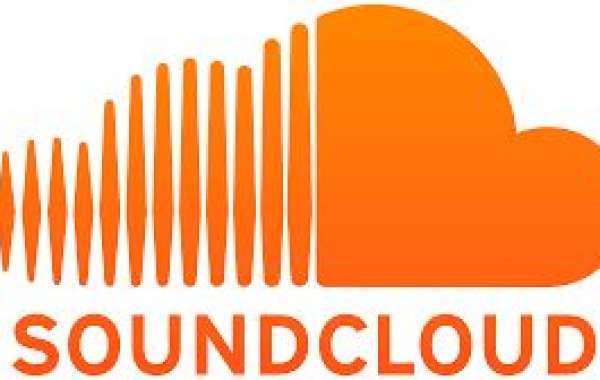In the digital age, where music streaming services reign supreme, platforms like SoundCloud have emerged as havens for budding artists, allowing them to share their creations with the world. However, as with any online platform, the issue of content piracy looms large. Among the myriad of tools available online, SoundCloud downloaders have sparked a significant ethical debate. Are they a convenient means for users to access their favorite tracks offline, or do they facilitate copyright infringement and undermine the livelihoods of artists? Let's delve into this contentious issue.
SoundCloud Downloader, founded in 2007, quickly became a go-to platform for independent musicians and DJs to showcase their work. Its open nature encouraged creativity and diversity, fostering a community of artists and listeners alike. However, unlike mainstream streaming services that offer offline listening features within their platforms, SoundCloud's free tier traditionally lacked this functionality. This absence prompted the development of third-party SoundCloud downloaders, allowing users to save tracks for offline listening without a premium subscription.
On the surface, these downloaders seem harmless, providing users with a way to enjoy music on their own terms. Many argue that they serve as a workaround for SoundCloud's limitations, particularly for users in regions with unreliable internet connectivity or those unable to afford premium subscriptions. Supporters also point out that these tools can be a lifeline for artists seeking exposure, as wider dissemination of their music can lead to increased recognition and opportunities.
However, the ethical quandary arises from the potential misuse of these downloaders. While some users may utilize them responsibly, others may exploit them to freely acquire copyrighted material without compensating the creators. This raises concerns about intellectual property rights and the financial impact on artists, especially independent musicians who rely on streaming royalties for their livelihoods. By bypassing official channels, downloaders can undermine the already precarious economics of the music industry, where artists often struggle to monetize their work.
Moreover, the legality of Download from SoundCloud downloaders is ambiguous. While SoundCloud's terms of service explicitly prohibit the unauthorized downloading of content, the responsibility for enforcing these terms falls on the platform itself. Consequently, the proliferation of downloaders highlights the challenges platforms face in policing user activity and safeguarding intellectual property rights. This legal gray area further complicates the ethical debate surrounding their use.
From a broader perspective, the issue of SoundCloud downloaders reflects the ongoing tension between convenience and ethics in the digital realm. In an era defined by instant gratification and access to limitless content, users are often tempted to prioritize convenience over ethical considerations. This phenomenon is exacerbated by the normalization of piracy culture, where the line between sharing and stealing becomes increasingly blurred.
Nevertheless, it's crucial to recognize the broader implications of our actions in the digital landscape. While SoundCloud downloaders may offer short-term benefits to users, their long-term consequences can be detrimental to the very artists whose work we cherish. As consumers of music, we have a responsibility to support the creators behind the songs we love, whether through purchasing merchandise, attending concerts, or streaming their music through legitimate channels.
In response to the proliferation of SoundCloud downloaders, some argue for a more nuanced approach that balances user convenience with artist rights. This could involve exploring alternative revenue models, such as voluntary donations or fan subscriptions, to empower artists while still allowing users to access their music offline. Additionally, platforms like SoundCloud could consider integrating offline listening features into their free tier, providing users with a legitimate means of accessing content without resorting to third-party tools.
Official Website: https://soundclouddownloaders.org/
Ultimately, the debate surrounding SoundCloud downloaders underscores the complexities of navigating the digital landscape in a manner that is both ethical and sustainable. As technology continues to evolve, it's imperative that we remain vigilant in upholding the rights of creators while also striving to meet the diverse needs of users. Only through open dialogue and collaborative efforts can we forge a path forward that respects the integrity of artistic expression while embracing the benefits of digital innovation.




